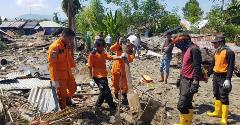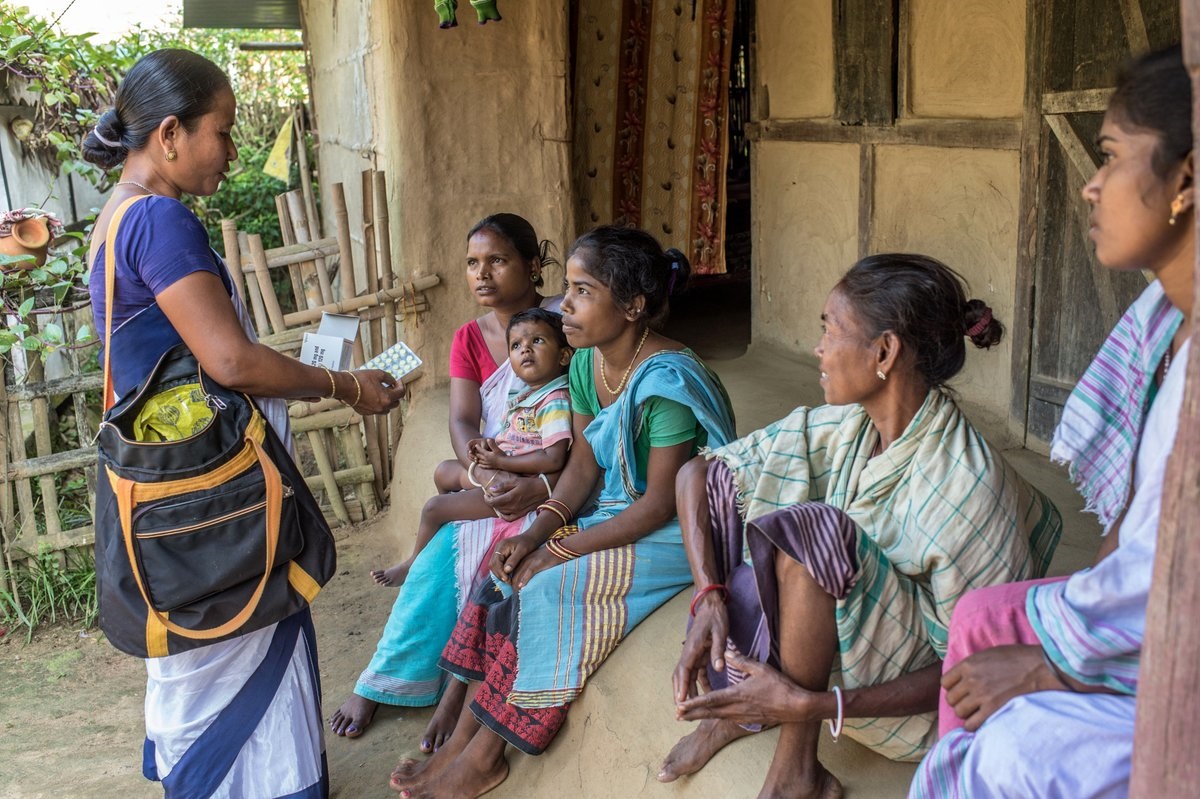
Addressing drug-resistant TB
Overview
Drug-resistant TB (DR-TB) poses a major threat to TB care and prevention in the South-East Asia Region. In 2017, there were an estimated 192 000 incident multi-drug resistant (MDR) TB cases in the Region. This constitutes 34.4% of the global MDR-TB burden. Several challenges exist in programmatic management of DR-TB in the Region. The detection of DR-TB among notified pulmonary TB cases is low and treatment outcomes for DR-TB cases also remain a major concern.
Scaling-up the regional and national response to DR-TB requires improvements of the several critical steps in the cascade of services:
- Expansion of testing for DR-TB/access to WHO-recommended rapid diagnostic tests for first and second-line drug susceptibility testing.
- Ensuring that all diagnosed patients are promptly notified and enrolled in recommended DR-TB treatment regimens.
- Ensuring that all enrolled people with DR-TB complete their treatment under effective patient-centred support.
To address DR-TB challenges, WHO South-East Asia Regional Office created the regional Green Light Committee (rGLC) consisting of a group of experts in the Region to assist countries in scaling up the Programmatic Management of Drug-resistant TB (PMDT) in high-quality and patient-centred ways. The rGLC provides technical assistance on various aspects of PMDT and also supports capacity building in specific areas based on identified needs.
Key facts
Almost all priority countries adopted WHO-recommended shorter regimen for drug-resistant TB.The coverage of drug susceptibility testing among laboratory confirmed TB patients increased from 22% in 2013 to 61% in 2016.
About 3000 laboratories providing Xpert testing; 1500 laboratories providing drug-susceptibility testing.







